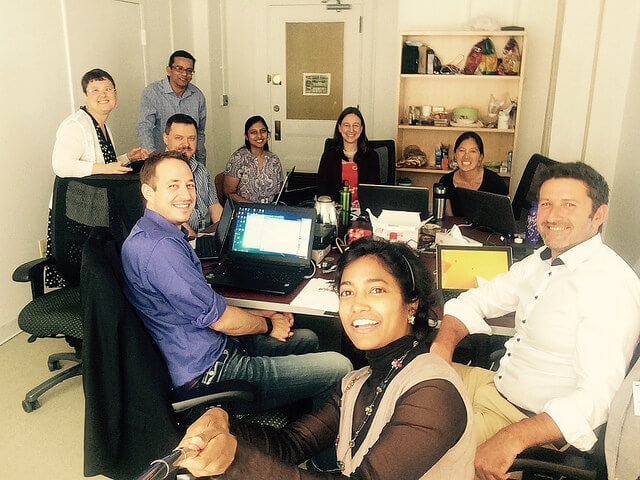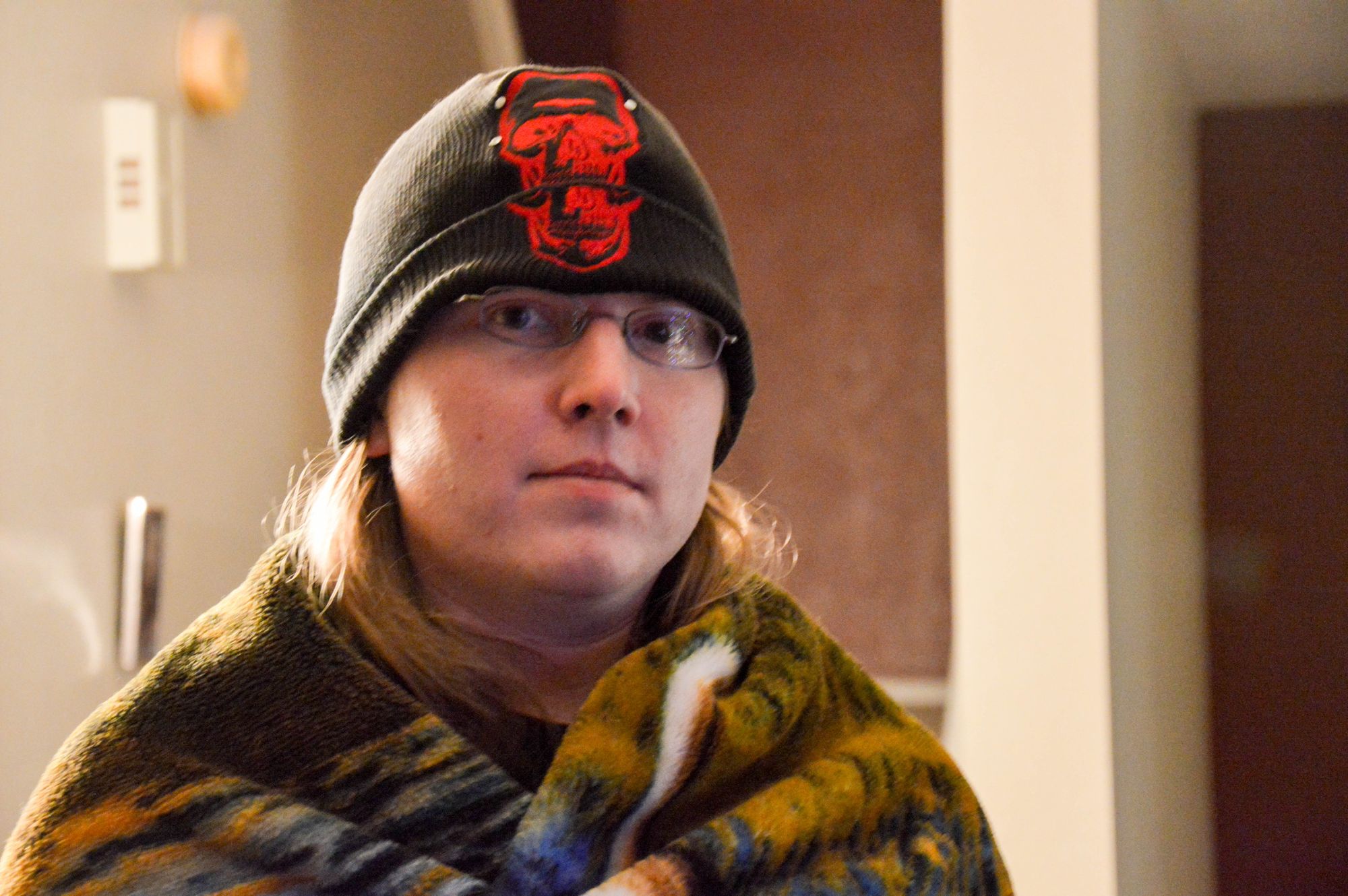"She's a project," my boss said to me. "She's green, and even though she's been working here for several months, you should consider her like a brand new college graduate. She'll need a lot of oversight, a lot of hand-holding and you'll still be expected to finish your projects on time."
"Excellent," I said.
I'm not sure why my boss felt the need to warn me. Melissa is a new, green developer. I know that; I knew that from the moment the coding section of the interview began. She had trouble with the FizzBuzz test, stumbled over the differences between an abstract class and an interface, and generally showed that she needs some experience. This ain't my first interview; I know she's a newbie, that's she'll need some help (maybe a lot of help) to get started.
And it doesn't friggin matter. I'm happy to have her on my team.
We need junior programmers. And I don't mean my company specifically, I mean our industry as a whole. This profession runs on the backs of the juniors. They're the one who get the crap work, who check the nitty gritty details, who learn and advance and become seniors and leads and managers. They are the people who will eventually replace me. I'm not scared of them; I want to see them succeed. But to do that they're going to need teachers, mentors, someone to help answer their questions.
I've been saying for a long time that what this profession needs is more teachers of technology. The problem, I'm now beginning to realize, goes much deeper than that. The real issue is not a lack of people willing to teach others, it's a lack of compassion in doing so.
The odd thing about programming is that it's entirely mental (with all the different usages of that word applying). There's no real physical component. Sure, we type on a keyboard, but that's the result of the mental work in progress, not the end goal. And it's tiring. Programming is mentally exhausting work. If the brain is a muscle, then programmers work it to the metaphorical bone each and every day. Good programmers solve people's problems using code in an efficient, skillful manner.
When you think about it, that's also the issue with teaching: it's a mentally exhausting job. Now, instead of trying to work out problems, you're trying to work out how different people learn and then teach to their skills, which is infinitely more difficult that just solving static problems. People are dynamic, changing, varying from one to the next. If you're a good teacher, you can innately understand how people learn, and then construct situations in which they will acquire the skills they need in the most efficient manner.
Here's the rub: the skills that make you good at programming (solving problems) and the skills that make you a good teacher (solving people) are not, and never will be, fully compatible. You can be the greatest damn programmer in the world, and yet anybody you try to teach will be just as bewildered as before, if you don't have compassion for the learner.
Compassion bridges the gap between teacher and learner. The less skilled you are at teaching, the more compassion you need to have for your learner.
(I'm tempted to use the word patience here instead of compassion, but you can be patient and still not be compassionate. It's the difference between a boss needing work done and a teacher helping a student study; they might both wait a long time and be perfectly fine with that, but the boss will simply expect the work to be done, while the teacher will understand why it took such a long time and work to help the student improve that.)
Look, not everyone will be a good teacher. Not everyone will be a good programmer. But those of us who are in a position to help others learn should take advantage of that. At the very least, attempting to teach others will help your communication skills; by describing a problem, you increase your understanding of it, otherwise rubber duck debugging would not be a thing.
But everyone can be a compassionate teacher. I can, you can, even newbies like Melissa can. Skill doesn't matter, ability doesn't matter; compassion matters. Compassion is what makes a good programmer into a great teacher.
So, bring it on, Melissa. Bring it on, junior devs. We need you. And we'll be doing our level best to be compassionate, to be teachers, even if we're not very good at it. Despite all our misgivings, despite all the hate and impatience and intolerance you might run into out there in the wilds of the Internet, there are still those who want to see you succeed, and are willing to use our compassion to help you reach your goals. This industry runs on the backs of the junior developers, and we would be loathe to forget that.
Post image is Representatives of the database development team from the U.S. Department of Agriculture, used under license










